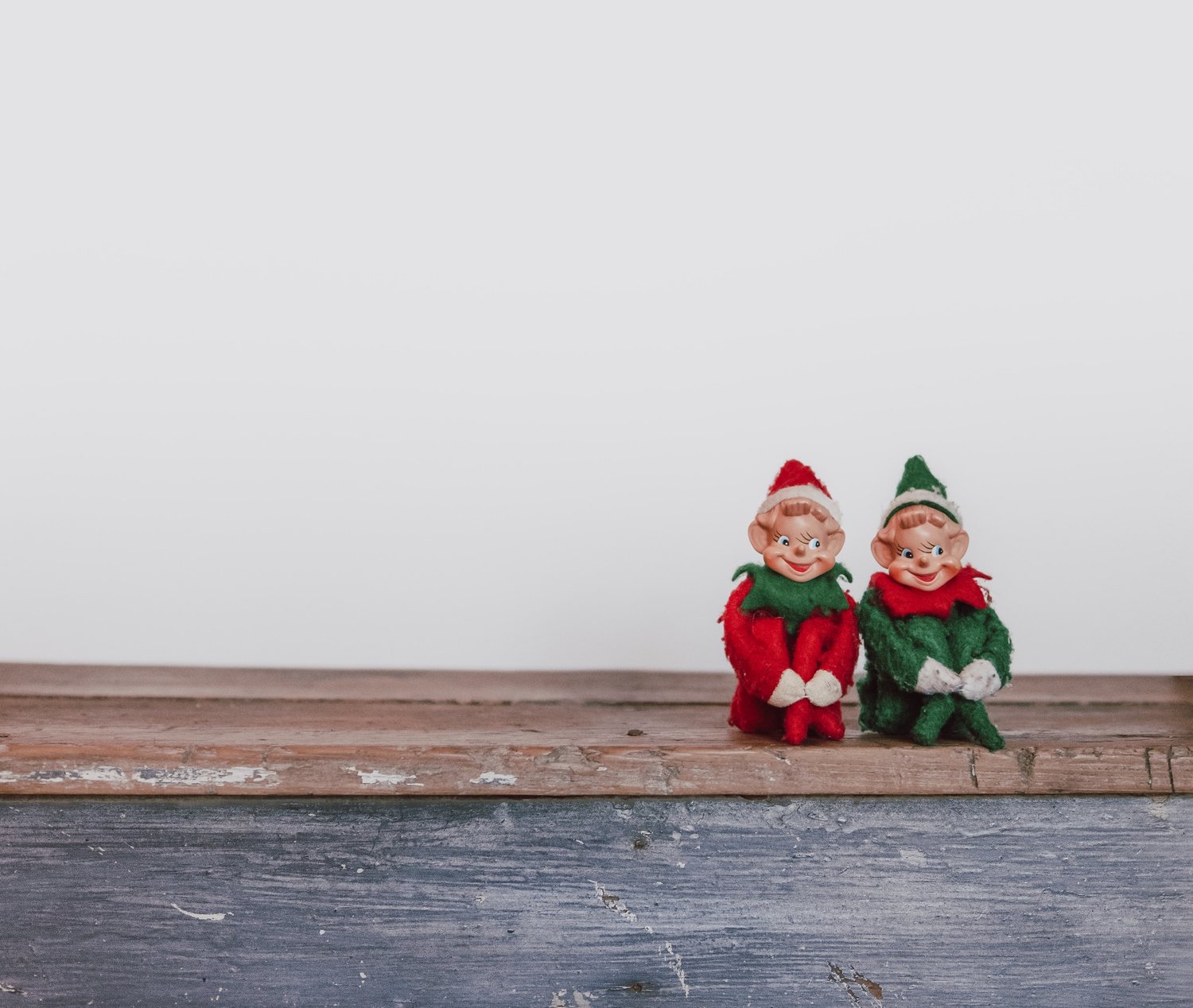
7 ways to look after your mental health this Christmas
Christmas can certainly be a difficult time, with 26% of people experiencing poor mental health during the festive season.
With this in mind, Delamere have listed some of the key ways one can safeguard their mental health during the festive season.
Prioritise time forfor yourself
With work Christmas parties and festive family gatherings soon to be in full swing, it can be quite difficult to make time for yourself.
As lovely as catching up with friends and family can be, constantly being surrounded by people may lead one to feel socially drained - especially if they’ve got any personal issues they are dealing with.
Therefore, it is important to strike a balance and ensure you are still allocating yourself some solid ‘me time’ in the midst of all the festive fun.
Immerse yourself inin arts and crafts
From reducing stress levels to easing anxious thoughts, engaging in arts and crafts can have very positive effects on your mental health.
During the festive season, perhaps try making some festive DIY Christmas decorations to feature across the home. As well as the mental benefits this reaps, you’ll also be saved from spending your money on store-bought decorations.
Take a timetime out from social media
During the festive season, it’s common for people to post about what they’re up to. For individuals that are spending Christmas alone, or perhaps mourning the loss of a relative, seeing the upbeat festive content of others can be especially difficult.
What’s more, many fall into the habit of making comparisons through what they see on social media, and this leads people to not appreciate what they do have. With this in mind, taking a break from social media over Christmas may do wonders for your wellbeing.
Keep active
Due to shorter days and dark nights, it can be difficult to find the motivation to stay active. However, keeping fit is very important, especially if you tend to struggle with your mental health over the festive period. Even something as little as going out for a walk in the fresh air everyday will make you feel better.
Limit alcohol consumption consumption
Delamere’s recent drug and alcohol survey found that one in four adults increased their alcohol consumption in the last year. As we head into the festive season, it is expected that many people will continue to over-indulge on the booze - but doing this will have a negative impact on your wellbeing.
This is because heavy drinking interferes with chemicals in the brain that regulate mental health. While a drink may relax us, it’s important to know that overconsumption of alcohol can contribute to feelings of depression and anxiety in the long run.
Talk to lovedloved ones
Whether they are near or far, always try to confide in loved ones if you are struggling. If the festive season is especially tough for you, make sure your friends and family are aware of this.
For instance, you could inform them of certain triggers that have a negative impact on your mental health, and they will do their best to ensure you avoid these this Christmas. By simply voicing your concerns, you’ll find that such a weight will be lifted, making you feel like you aren’t struggling alone.
Give back toto the community
The beauty of helping others is that this act of kindness will make you feel good about yourself. From The Salvation Army to various food banks, there are numerous causes you can contribute to over the festive period. It’s the season to give after all!
Related Posts
Kiwis turn to books for self-love this Valentine’s Day
Kiwis are more dedicated to self-love this Valentines Day
The Single Woman’s Sexual SelfSelf Care Guide
A guide to exploring your sexuality while single
A Queer Existence: New book reveals twenty first century struggles of the gay community
A book exploring the struggles of the gay community
Sperm Positive bank refocuses HIV+ Stigma
A world first for people effected by HIV stigma
Time to move on from insecurities: Global Dove research shows growing body shame around underarms
Dove explores our 'under arm shame' in latest campaign
You Better Work: Contraceptive use shows younger generations are more career focused
How Gen Z is more into careers rather than being carers







